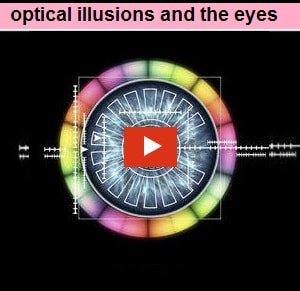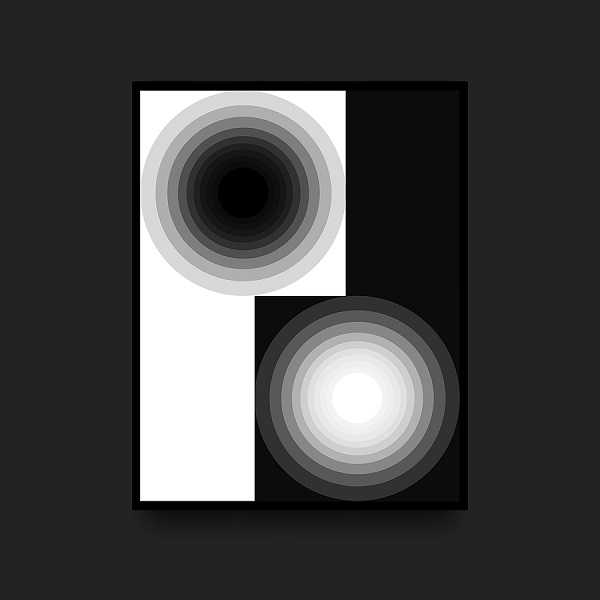The discovery could lead to improvements in smartphone screens, further protecting humans from poor vision habits. Too much screen time has already been linked to a phenomenon dubbed “computer vision syndrome.” Experiments on cats and humans showed bright light stimulates neurons in the visual cortex. The amount of reflected light, or luminance, can change by more than 10,000 times throughout the day.
Contrast sensitivity is strongly dependent on the amount of light. Increasing the number of light shifts the contrast sensitivity. If cortical neurons signal luminance contrast independently of light intensity, a bright sky would look very dark. Measurements of ON and OFF cortical functions could help to stimulate more accurately human luminance vision and prevent bright digital images from appearing too dark, the SUNY team writes in the journal Cell Reports.



